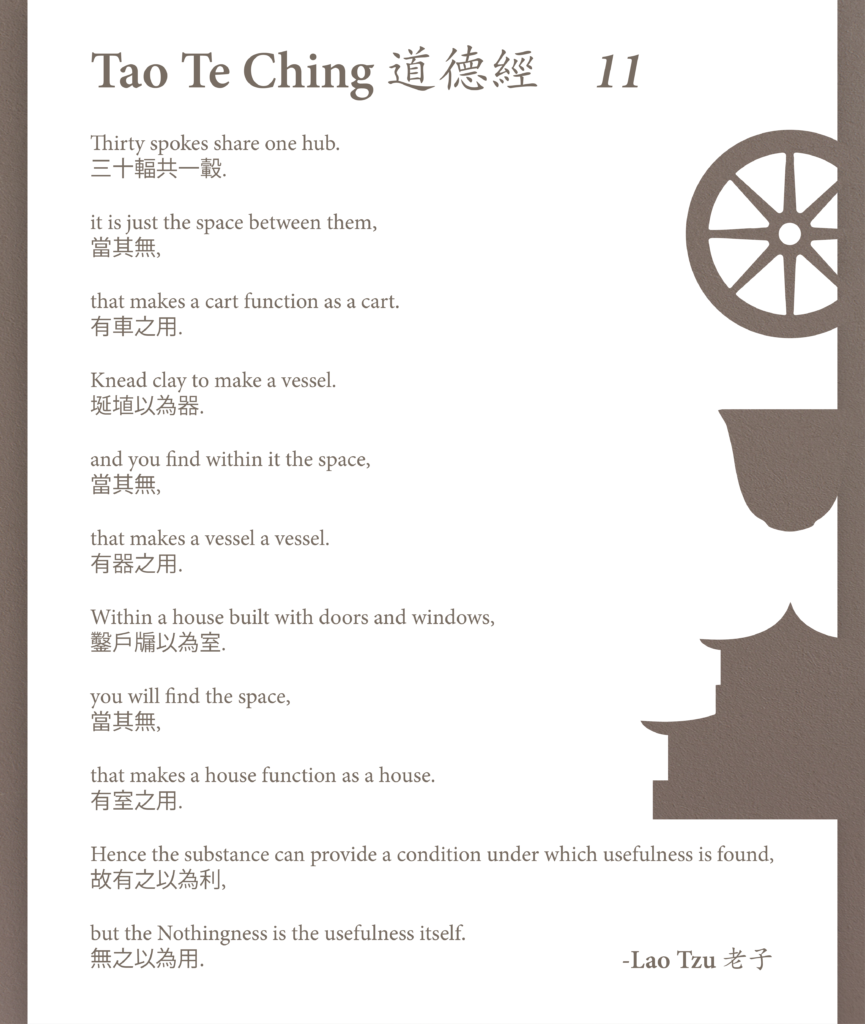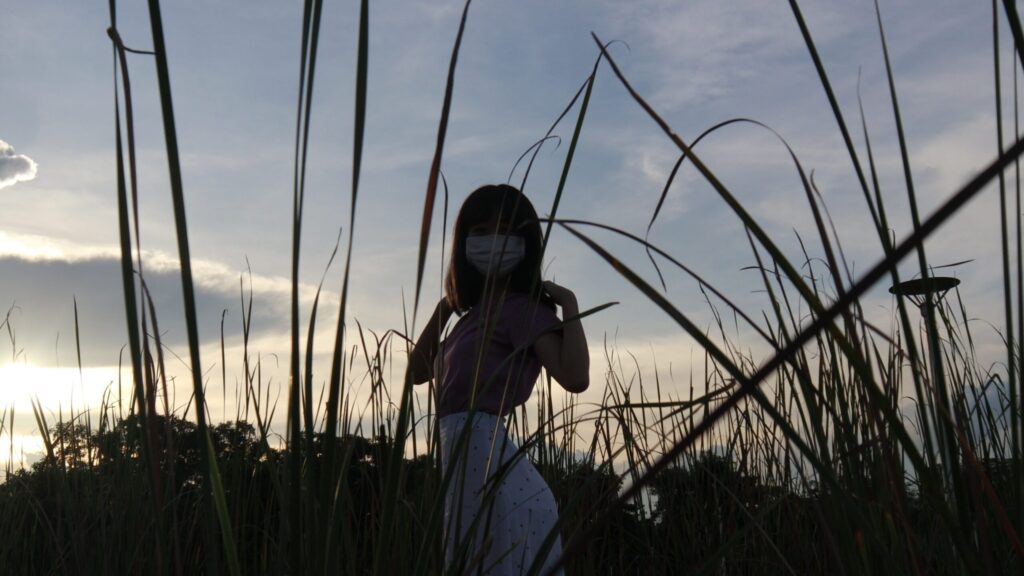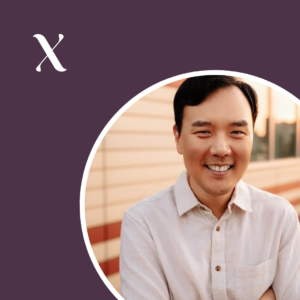Hey there, why don’t you stop doing what you have been doing? Something in you knows that you want something different from the usual, isn’t it?
If you considering whether to take a gap year to soul-search, this article will offer you some reasons why you should do so.
Taking a Gap Year
What is a gap year?
It commonly refers to a year of break that one takes from their studies. While there is no rule for when it can take place, it seems that many people choose to take a gap year before going to university or halfway during university.
There are various reasons for taking a gap year. One of the common reasons people choose to take a gap year is to experience new things such as volunteering, learning a new skill or travelling. In other cases, it is to simply take a proper break or soul search before moving on to a new chapter of life.
Breaking The Cycle
Sleep, eat, work, repeat.
Modern society is structured in a way that encourages a repetitive and mundane life. It is too easy to get trapped in an endless cycle. If one does not exercise a strong intention to break out of that cycle, they are likely to repeat it until they reach a breaking point.
Demanding System
Speaking from my former experience as a student these years, I was never able to properly take a break. While there was no rule that prevented me from doing so, I practically had no resources to do so.
No time, (as most of it was spent on attending school, studying for tests or exams, doing homework and assignments, co-curricular activities and any remainder on sleep)
nor energy, (as most of it was exerted physically and mentally)
nor attention. (as most of it was directed towards academic goals. “Focus on your studies!”, as we would often hear)
In most cases, these pursuits are not even what the student signed up for. The demanding system leaves no room for one to even question whether this is what they really want.
Therefore, taking a gap year to soul-search can be a good idea.
Benefits of Soul-searching
What exactly is soul-searching? Is it just a fancy word?
In my opinion, soul-searching refers to the act of creating space for looking inwards of oneself. The aims of soul-searching vary from individual to individual. Some may be trying to find out what they really want in life while others may want to go on a journey of healing.
Personally, I took a gap year because of both reasons. I will share about my thought process leading up to that decision as well as insights from the soul-searching experience so that you see how it may potentially benefit you as well.
Finding Your Purpose
Do you find yourself unsure about your direction in life because you have always just drifted along with the currents of the crowd?
As mentioned earlier, society encourages us to live in an “auto-pilot” mode. Many people just follow the life script that has been handed to them by someone else. As they get used to their familiar routine, they find it hard to even stop and ask whether it is what they really want.
You may have heard of people who grapple with a “mid-life crisis” or “quarter-life crisis“. Why do these crises ever appear? They do not just appear out of the blue. Instead, it is the inevitable result of pent-up dissatisfaction with life.
With inner work, one can gain clarity about their desired direction and make the shift towards a way of life that is more aligned with their deepest selves. This can help to to curb wastage of time and energy which are undoubtedly the most sacred and precious resources that we have.
Inner Work
Another one of my priorities during a gap year was inner work.
Before explaining further, it is useful to look at how our society defines “work”. It is commonly associated with employment or occupation. A person who is being employed or has an occupation (as a student or a worker) is said to be performing work, vice versa.
However, that is a narrow definition of work. There are other forms of work which are given less attention such as inner work. What is inner work?
Inner work involves more introspective processes, such as reading, writing, contemplation and meditation. The aim is to promote self-development in the sense of becoming more whole as a human, as opposed to gaining more value in the labor market.
Lessons from My Gap Year
I had long wanted to take a gap year after graduating from university in mid-2020, considering the fact that I have painstakingly devoted a total of 16 years to studying hard from primary school to university.
Here is the interesting thing: My graduation took place in the middle of the global COVID-19 pandemic.
Like everyone else, I was frustrated due to the disruptions in plans. I could not go on my solo travel trip nor overseas internship placement as I had intended. Everything was cancelled, including local ones.
What was left for me to do?
Well, I could have followed my peers who almost all headed straight for the workforce. Yet, something in me said No.
The truth is that I had been struggling with issues that were truly important for my well-being. In all the years of being buried in busyness, I had suppressed many past unresolved traumas as well as pressing questions about my purpose. These issues were desperately crying out for my attention till it no longer made sense to ignore these anymore. I knew I had to take action to honor my deepest self and that was by committing to a gap year.
Hence, I did whatever my heart wished to.
I took walks in nature. I read up on topics that I was interested in. I contemplated on various things. I wrote articles that expressed my viewpoints. I connected with people from all over the world on the Internet. Etc.
I kept a journal to write down gratitude exercises, notes from books, reflections, creative inspirations, dream interpretations, affirmations or future plans.
There were days when I did absolutely nothing too. I call it the “do nothing” experiment. I was genuinely curious what a life with a lot of space would be like since I never got the opportunity to experience it until that point of my life.
What did I learn from this crisis-turned-opportunity?
1) Uselessness Can Be Useful Too
Firstly, I learned that uselessness can be useful too. It is a curious paradox that is not easy to understand at first glance and hence deserves closer examination.
Societal Perceptions
Why do people rush to fill up spaces or gaps? There is seemingly a perception that these are undesirable. Perhaps it is due to an overemphasis on productivity in our modern culture which drives people towards constant busyness.
Regarding a gap year, there appears to be a more favorable perception of it in places like Europe than in Asia. At least in Singapore, the general social expectation for one is to finish up their studies and go to work as soon as possible. The concept of life outside of studying or working is not well-known, possibly due to a survival-based mentality or traditional attitudes toward work and familial duty.
Speaking of which, the nation’s core guiding principle of pragmatism also heavily influences the citizens’ psyche. Under a strongly pragmatic attitude, one tends to only go towards what is “useful”.
But what determines usefulness anyway?
While a space or gap may appear useless, are they truly so? I beg to differ.
Usefulness of the Useless
Taking a gap year during COVID has shown me that there is usefulness in the seemingly useless activities.
For one, it helped me to gain clarity on my purpose. It was from the space of nothingness that I was able to receive inspiration and work on what I truly want to do. I believe that our inspiration can reveal what we are meant to do in this world. My greatest inspirations came from philosophers and people who have broken away from conventional pathways to pursue their dreams. From there, I wanted to write and share my ideas on life with other people. In return, I got feedback about how my writings have helped them.
Another thing that it helped me with was healing. The freed up time, energy and attention allowed me to commit to the inner work that was necessary to bring the misaligned parts of myself into alignment. By reading and engaging with people, I managed to anchor myself in a broader perspective of life.
Taoist View of Uselessness
One of the interesting things that I read was about the Taoist view of uselessness. In Taoism, there is the concept of effortless action (无为 Wu-Wei) which states that the best course of action is sometimes to not take action and that can paradoxically lead to the outcomes that we desire.
I witnessed how this happened in my life as I eventually got offered a job opportunity near the end of my gap year without even searching for a job. (It was not my priority then) That was my first job which turned out to be really enjoyable as I worked alongside great colleagues with aligned values.
I wish to share a passage from the classic Taoist text Dao De Jing which speaks beautifully about the value of space.

2) Inner Freedom Over Outer Freedom
The other insight I got from my gap year is about freedom. I learned that inner freedom surpasses outer freedom.
Social Programming
During the first few months that I tried to engage in inner work after graduation, I noticed just how deep the social programming in me was.
I sometimes felt the temptation to join my peers in the workforce even though that was clearly not what I wanted. Although I was lucky to have the support of my parents, I was aware of how my choice might be viewed by society. I got a few questions from friends and relatives about whether I was finding a job. I also felt some fear about how employers might view a gap year in my resume.
I also felt the compulsion to be productive even though I knew I needed a break. It shows how our bodies can become addicted to stressful states over prolonged exposure.
Understandably, these are the results of long-term conditioning from the social environment. Under a productivity-obsessed and success-driven culture, there is a belief that our worth is tied to our output.
Chase For Outer Freedom
We all want freedom, don’t we?
Many believe that they will only be free once certain external conditions are met. For example, when they graduate, when they earn x amount of money or when they retire etc. These days especially, young people chase after financial freedom as if it is the only pathway to freedom.
That belief was what led me to the idea of taking a gap year in the first place. I had wanted to physically escape from an unfulfilling environment by going abroad. It was not until the twist of events caused by the pandemic that challenged my views on freedom.
While it is true that a change in external conditions can free us, it does so only temporarily. As long as our inner state of mind remains unchanged, we remain unfree.
How does one become truly free then? It is by doing the inner work to reprogram belief systems. The contents held in our minds, especially at the subconscious level, significantly influence our actions and habits.
The Three States
Basically, there are three states which a person may find themselves in.
Having, Doing, Being.
In a Having state, one is preoccupied with acquiring things. It is prevalent in consumerist societies which promote the consumption and possession of goods as the pathway to happiness. People may also want to gain coveted titles, especially in competitive cultures. e.g. getting into top schools and big companies.
In a Doing state, one is preoccupied with carrying out actions. It can appear as workaholism where one is constantly working to achieve something. Yet, it may not necessarily be meaningful to the doer. Some “go through the motions” as they believe that they have no choice but to do so.
Being is the most powerful and optimal state.
If one can learn to dwell in a state of being and feel comfortable there, they can enjoy an inner freedom which is everlasting compared to outer freedom.
Conclusion
If you are considering taking a gap year to soul-search, I hope my experience gives you some interesting insights. It definitely was life-changing for me and I am glad I went ahead with the decision in spite of the odds.
Remember that nobody knows you better than you know yourself. Listen to your intuition above all else. I wish all the best in your soul-searching journey!



2 Responses
nice percectives and structure to your thoughts.
Thank you for reading!